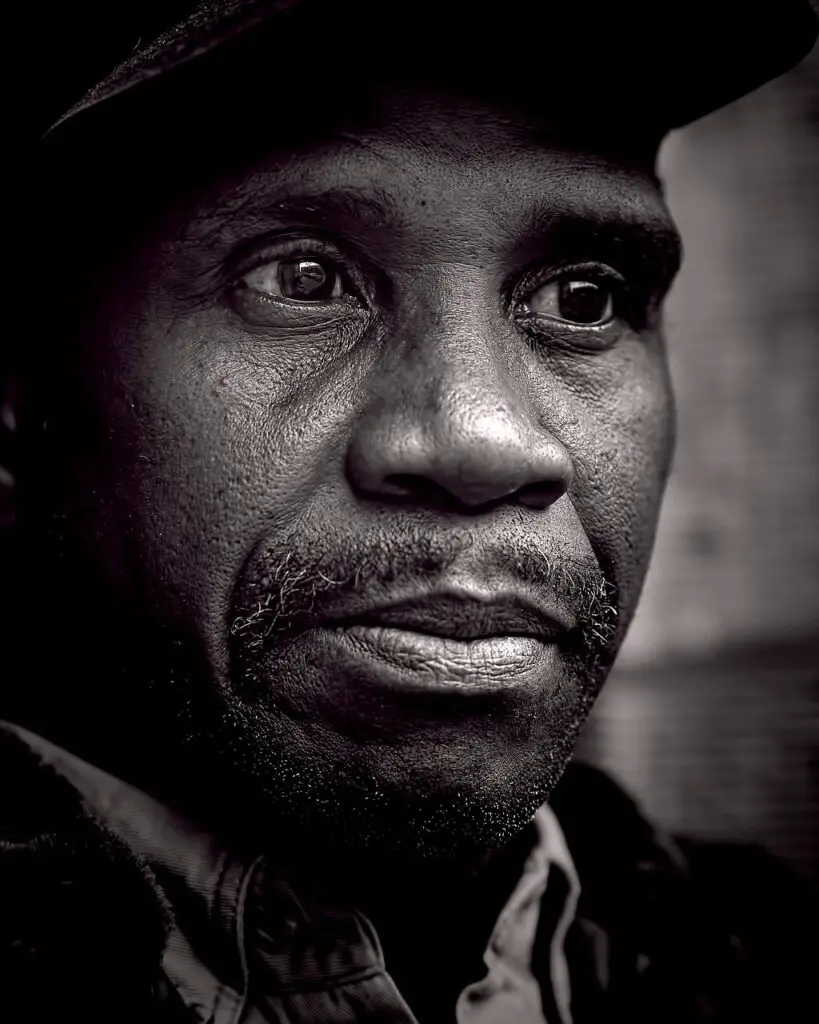-
Why Are People Not Reading Books Anymore?
Exploring the Decline in Book Reading in the Digital Age Reading habits have changed since knowledge has become more and more accessible. The increase of digital technology in our lives is one of the major reasons as to why people nowadays don’t read. Fewer people pick up a book to read day by day in…
-
THE COMPARATIVE METHOD IN SOCIAL ANTHROPOLOGY
The purpose of comparative method in social anthropology is to study varieties of form of social life and to understand human social phenomena. Franz Boas delineated two methods in the study of anthropology. First, was to reconstruct the history which means to understand the past and reconstructing theories in present. Second, was comparison of social…
-
Interview with Dr. Christina Jackson: Insights into Sociology, Activism, and the Journey Ahead
Short Bio: Dr. Christina Jackson, an Associate Professor of Sociology at Stockton University, specializes in urban sociology, social welfare, and inequality from sociological and public health perspectives. Beyond academia, she’s an engaged scholar-activist, facilitating and consulting with community partners and creative groups on topics like anti-violence, gentrification, housing, food justice, and racial justice. She’s co-authored…
-
How To Apply Sociology In Everyday Life: Explained Real Examples
Sociology is the study of society through many theoretical perspectives. The most important lesson of sociology is that society is not an external object to be studied. Instead, all of us are active members of society and constantly influence it. Thus, sociology can be applied in everyday life by all members of society. This article…
-
Utopian Socialism: Origin, Characteristics, Experiments, Critique
Introduction to, Origin and History of Utopian Socialism: In 1515, Thomas More conceptualised an atheistic and communist republic in his novel, ‘Utopia.’ Utopia [ou-topos = not place] has come to denote a vision of an ideal and flawless society. [ou-topos = not-place] The etymology of this word which literally translates to a place that doesn’t…
-
Mass culture vs. Popular Culture: Explained with Examples
Synopsis: ‘Mass culture’ and ‘Popular culture’ constitute the culture industry and are often perceived to be synonymous for they work in the same context, but differ greatly in function. Introduction: Mass culture and popular culture are often used interchangeably, but the two terms are actually not synonymous with one another. Their meanings lie at the…
-
Ability Grouping: Meaning, Advantages, and Disadvantages
Ability grouping refers to the grouping of students based on their academic abilities, aptitudes, and achievements. Students are sorted into groups and taught according to their varying academic abilities. sorting students into levels based on their ability or achievement in the classroom. Groups are most often categorized into high, average and low groups although this…
-
WHAT CAN YOU LEARN ABOUT DIPLOMACY FROM 10 MOVIES?
Diplomacy and all of its associated procedures are frequently depicted in films about international politics. As a result, the following list seeks to condense the most intriguing, inspirational, but also critical films about diplomats, diplomatic operations, and overt and covert discussions into 10 selections. The list is not intended to represent any political viewpoint. In…
-
Civil Society: Development, Characteristics & Significance
Introduction: One of the important characteristics of modern society is the differentiation of social life into different spheres, such as the family, the economy, civil society, and the state. Unlike this, pre-modern societies were less differentiated and the functions (social, economic, political, cultural) were all under the ambit of one head or a few institutions…
-
Theories of International Relations: Realism, Liberalism, Constructivism
Theories of international relations help us better comprehend how international systems function and also how states interact with one another and perceive global aspects. Diplomatic officials and international relations scholars frequently employ international relations theories, which range from liberal, justice-based approaches to simple realist notions, to determine the path that a nation should take concerning…
Follow us On Instagram @sociology_official
Show off your social photography skills! Share your most engaging shots on our Instagram and let the world see your unique perspective.







Leroy_Skalstad


